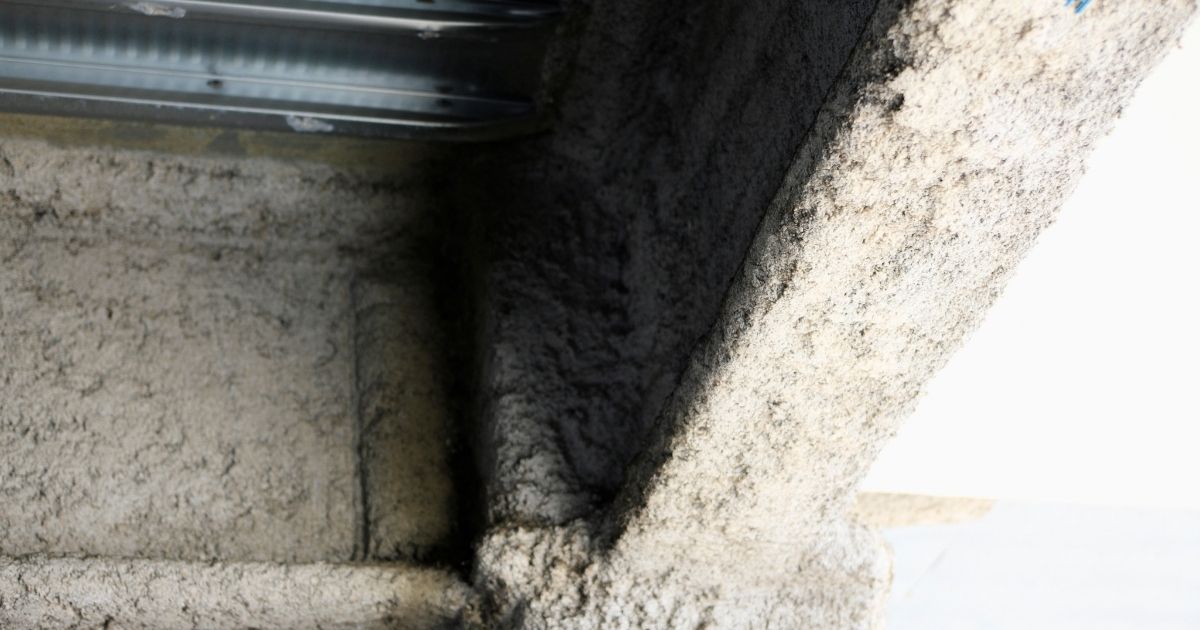
Asbestos is a fibrous mineral that is naturally found in rock and soil. It was once widely used in many materials because it is strong and has excellent insulating properties. However, it is also highly dangerous if asbestos fibers are inhaled, as the particles can become lodged in the lining of the lung and cause diseases, such as mesothelioma. For this reason, the Environmental Protection Agency (EPA) is trying to ban the use of asbestos in the United States. Asbestos products are already prohibited in most of Europe and other countries around the world.
As defined by the U.S. Department of Labor and the EPA, a product need only contain more than one percent of asbestos to be labeled as an asbestos-containing material (ACM). Some of the most common ACMs include:
Many of these materials are left over from the time when asbestos use was completely unregulated. This means that workers removing them or renovating properties built with ACMs are at risk of asbestos exposure. Demolition of the materials or their degradation can release fibers into the air where workers unknowingly breathe in asbestos. It can take many years, even decades, for symptoms of mesothelioma to show up.
Any amount of asbestos poses a potential health hazard to workers; there is no safe level of asbestos exposure. Employers have a responsibility to provide a safe workplace free of hazards like asbestos. If ACMs are being used, the workplace environment must be regularly tested for the presence of asbestos fibers. These fibers cannot be seen, felt, or tasted by the workers.
The most common diseases associated with workplace asbestos exposure include mesothelioma, asbestosis, and lung cancer. Other types of cancer such as ovarian cancer and laryngeal cancer may also be asbestos-related, as can lung conditions such as COPD.
Both the handling and removal of ACMs are strictly regulated by the EPA. Only professionally licensed workers wearing personal protective equipment (PPE) are permitted to perform asbestos removal, and the work areas must be sealed off until the job is completed. Disposal of ACMs must be done at special sites. Workers suffering from asbestos-related illnesses who believe they may have been exposed to asbestos in any amount should contact an experienced attorney for legal advice.
If you are suffering from an asbestos-related illness such as mesothelioma, lung cancer, or asbestosis, you may be eligible for compensation. One of our experienced Philadelphia asbestos attorneys at Brookman, Rosenberg, Brown & Sandler will protect your rights. Contact us online or call us at 215-569-4000 to schedule a free consultation. Located in Philadelphia, we proudly represent clients throughout New Jersey and Pennsylvania, including those in Delaware County, Chester County, and Philadelphia County.